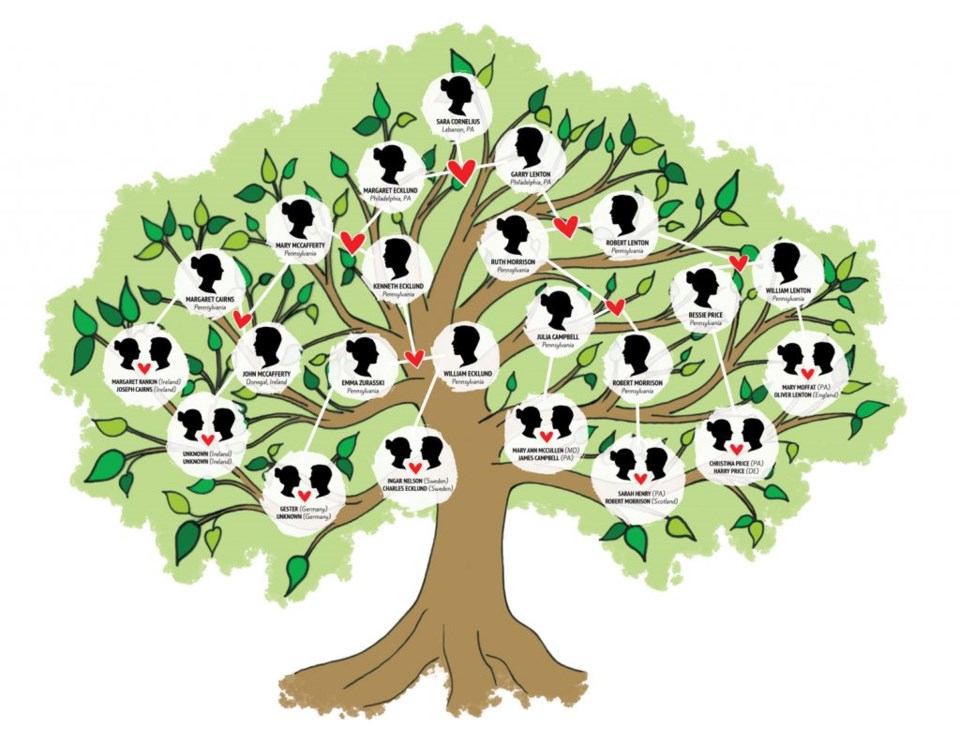
According to Verywellmind.com, Intergenerational Trauma is “trama that is passed down from a trauma survivor to his/her descendants.” Oprah and Dr. Perry’s book “What Happened to You?”, discusses the generational trauma in African American families due to slavery and Jim Crow. Jim Crow laws and slavery ended long ago, but the effect on black families in the U.S. is still apparent, even in 2024.
Since African Americans did not immigrate to America like other people, our sense of community was not established as thoroughly as immigrants. Furthermore, black people are still the least likely to go to therapy. In order to overcome intergenerational trauma, learn your family history, find a therapist or mentor, process your role in your family, and figure out your future with your family.
https://www.verywellmind.com/what-is-integenerational-trauma-5211898
Find a Mentor or Therapist
https://www.bydominiqueduarte.com/why-we-should-go-to-therapy/
Therapy gives you an analysis of your life’s history and why things are the way they are in your life. Therapy is not about blaming people for your life issues, but it gives you a bird’s eye view of what traumas you have experienced and how it has shaped you into who you are today. If you have tried therapy to no avail, then seek a mentor. This can be someone a bit older and more experienced with life to guide you. A therapist or mentor can help you process your intergenerational trauma.
Learn Your Family’s History
If you do not know your past, you will repeat it. Learn about your family’s strengths, weaknesses, the origin stories as far back as you can go, major events, and the causes and effects of those events. If you know your family’s history, it can give you more perspective and helps you remember that your family members are also flawed humans. Since we are so close to our families, we tend to forget this. Growing up, everyone in my family seemed larger than life to me, but the older I got the more I realized that they are just humans trying their best like me.
Process Your Role in Your Family
https://www.psychologytoday.com/us/blog/invisible-bruises/202303/8-common-dysfunctional-family-roles
Figure out what your role is in your family and possibly the why behind this position. Roles include: the scapegoat, the golden child, the hero, identified patient, the lost child, the caretaker, or the parentified child. In my immediate family, I was an only child and the center of attention, but my spiritual, mental, and emotional needs were not being met. In my extended family, I was the lost child. I was not accomplished enough for much familial praise. However, since I was not creating controversy in the family I was ignored. Your role in your family is often influenced by intergenerational trauma.

Figure Out Your Future with Your Family
There is no right or wrong answer to your future with your family. You can forgive them, but still not have them in your life. On the other hand, you can forgive and have family in your life with boundaries. Also, you can just ask yourself: Would I want this person in my life as a friend? Take it one day at a time, one family member at a time.
Figure out which bonds can be strengthened, which bonds could be limited temporarily or permanently. Society says family is supposed to be very close because you share blood. This can be alot of pressure when that has not been your reality in the past. It is easier to connect with people outside of my family and always has been. Sometimes, you have to create your own family so figure out what works best for you.
Conclusion
Until therapy, I did not have the words to describe how I felt about my family. There is no beef with anyone, but not much connection either and my family history influenced this dynamic for sure. My role as the lost child in my family was set before I was born. I moved to NYC and I thought that would solve the feelings, but it just put a temporary band aid on it. Processing intergenerational trauma is a challenging process that will take time. Be patient with yourself and your family members as you process intergenerational trauma.
Hope this helps,
Dominique Duarte
What role do you think you have in your family? Comment below!

One reply on “How to Overcome Intergenerational Trauma”
[…] https://www.bydominiqueduarte.com/how-to-overcome-intergenerational-trauma/ […]